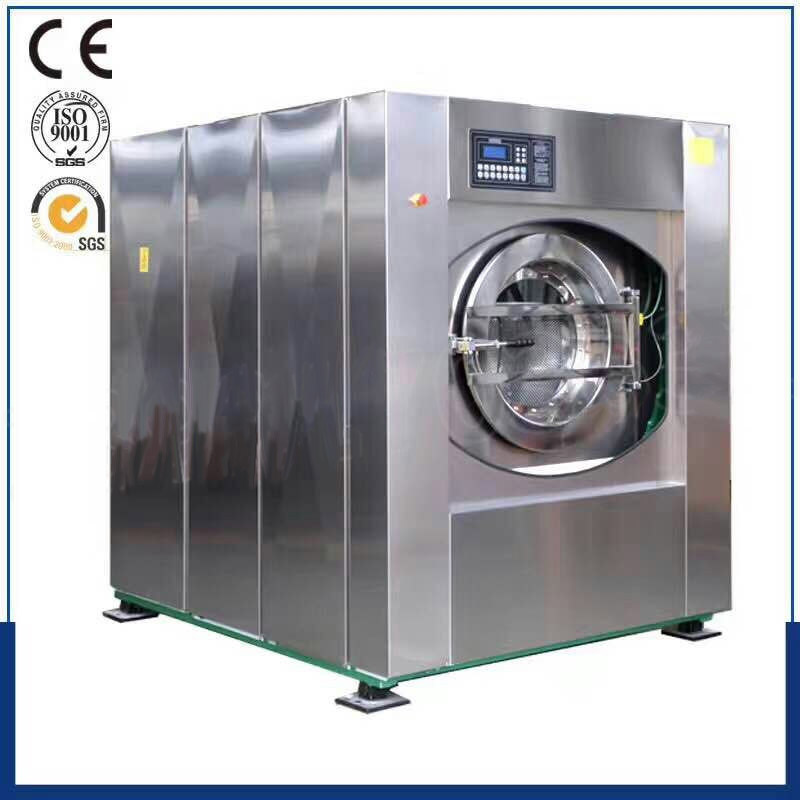When using large washing equipment for washing, there may be a phenomenon of unclean washing. After washing, there may be spots on the fabric or brightly colored fabrics that are worn out, and the patterns and colors become unclear. Clothes that were originally very white and bright may turn yellow or even dim after washing, and some fabrics may become very hard after washing. When the laundry worker does not know the reason, they often try to extend the washing time, add washing materials and other methods to improve the effect, but the result is still disappointing. What is the reason for this result?
Later on, it was discovered through testing that the effectiveness of washing is largely related to water quality, because linen needs to be washed with water. If there are impurities in the water, the clothes washed out will not be clean. How can we judge that there are impurities in the water? At this point, some people may say, "If the water looks clean, how can there be impurities?" In fact, the impurities referred to here are not the garbage on the surface of the water, but the substances contained in the water, which experienced people call hard water.
So how do we know if the water to be added to the washing equipment is hard water or soft water? In fact, the method is very simple. Just take a little water and put it into the test tube, and then add some liquid of transparent soap in it. Pay attention to the slow speed of adding and keep shaking. At this time, if the water inside generates a still foam, and the water below the foam is still clear, then it can be determined that this water is soft. If it does not meet this situation, it is hard water.
Hard water is not fixed, there is a distinction between temporary hard water and permanent hard water. If it is temporary hard water, it can be turned into soft water by heating. If it is permanent hard water, it is not a problem that can be solved by heating. Instead, chemical or physical methods need to be used to soften it first. Hard water contains many other elements because it contains a large amount of magnesium, calcium and other substances in nature. Therefore, the water in tap water is hard water, which belongs to permanent hard water. Water containing carbonates is called temporary hard water.
In nature, soft water is actually quite scarce, and most groundwater belongs to hard water quality. If washed directly without treatment, magnesium and calcium ions in hard water will adhere to clothes, forming dirt, affecting the washing effect, and changing the nature of fabrics, resulting in irreversible consequences.
Because hard water has a significant impact on the washing effect, it is necessary to test the washing water. If it is temporary hard water, the world can heat it up to turn it into softened water for use. If it is permanent hard water, a softener should be added during washing to turn it into softened water. Once the water quality problem is solved, you can rest assured during washing


















 Phone
Phone
Comment
(0)